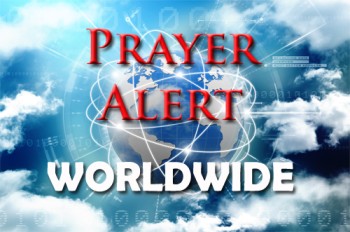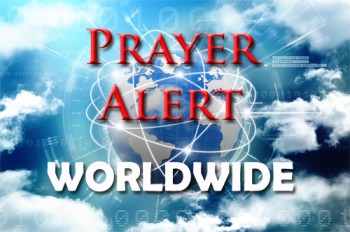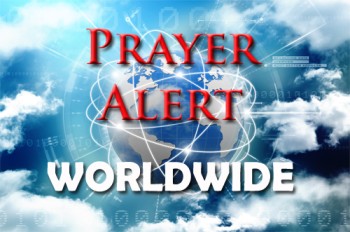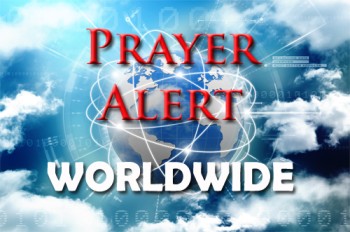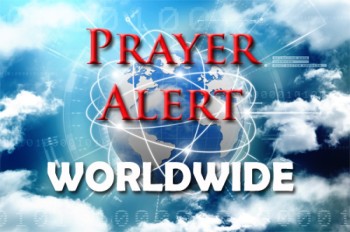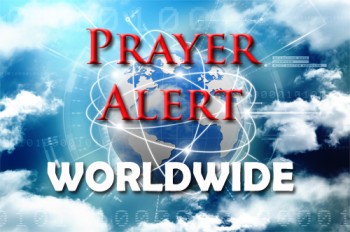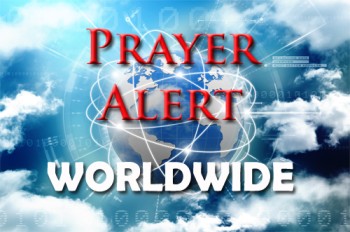Ukraine: Russian air strikes cause widespread energy loss
As Ukraine is enduring one of the harshest winters of the war, Russian strikes continue to target the country’s energy infrastructure. In Kyiv alone, around four thousand buildings remain without heating and nearly 60% of the city has lost electricity following recent attacks. Across the country, communities face similar disruptions amid freezing temperatures. Volodymyr Zelensky has declared a state of emergency in the energy sector, with schools closed, public lighting reduced, and hundreds of thousands leaving the capital. He has also criticised the mayor of Kyiv, former boxer Vitali Klitschko, for not doing enough to restore power quickly. Hospitals have reported more than a thousand cases of frostbite and hypothermia in recent weeks. Emergency warming tents now dot the city, offering shelter and food. Germany has described Russian winter attacks on energy as war crimes, and the International Criminal Court has issued arrest warrants for two top military officials said to be responsible for them.
Israel: football pitch for Palestinian children wins a reprieve
A small Palestinian children’s football pitch in Bethlehem has been granted a temporary reprieve after Israel postponed its planned demolition. The Aida Youth Centre pitch, built in 2020 to serve more than two hundred children from the nearby Aida refugee camp, was declared illegal for lacking permits and for its proximity to Israel’s security barrier. A demolition order issued late last year sparked a widespread international campaign, including a petition signed by more than half a million people and appeals from figures within global football. The Israeli military, which still maintains that the pitch poses security concerns, says the postponement is ‘for the time being’. For local families, the issue carries deep emotional weight, symbolising dignity, hope, and normal childhood amid overcrowding and restriction. While the immediate threat has eased, the community fears the order could return once attention fades, and has vowed to keep campaigning.
Iran: minister threatens USA after protests crackdown
Iran’s foreign minister has issued his most direct warning yet to the USA, threatening a full military response if Iran faces renewed attack, as the country remains under intense pressure following its deadly crackdown on protests. Writing in a US newspaper, he defended the government’s actions and blamed armed unrest for the violence, despite video evidence suggesting security forces fired on unarmed demonstrators. His remarks come amid heightened regional tensions, with a US aircraft carrier group moving toward the Middle East and American military assets repositioned across the region. Iran has also been accused of launching missile and drone strikes against a Kurdish separatist group in northern Iraq, further escalating concerns. Human rights organisations report more than 4,500 people killed and over 26,000 arrested during the protests, with fears growing that some could face execution. Iran’s Supreme Leader has acknowledged thousands of deaths while blaming the United States. Though protests have subsided amid internet shutdowns, the scale of casualties and rising military rhetoric have raised alarms about wider regional conflict and severe consequences for civilians.
Pakistan: devastating fire in Karachi shopping centre
Grief and anger grip Karachi after a devastating fire tore through Gul Plaza, a crowded wholesale shopping centre, leaving at least 27 people dead and more than seventy missing. The blaze spread rapidly late on 17 January, trapping shoppers and workers inside a building packed with stalls and mostly locked exits. Survivors described panic, thick smoke, and desperate attempts to escape as flames engulfed the floors within minutes. Many families are still waiting for news of loved ones, gathering at the ruins in anguish and uncertainty. Rescue efforts have been slowed by the unstable, heavily damaged structure, with officials warning it could collapse at any time. As forensic teams work to identify victims, public frustration has grown over alleged delays in emergency response and long-standing safety failures. Protests have erupted, with calls for accountability, reforms in building regulations, and improved disaster preparedness to prevent further tragedies.


